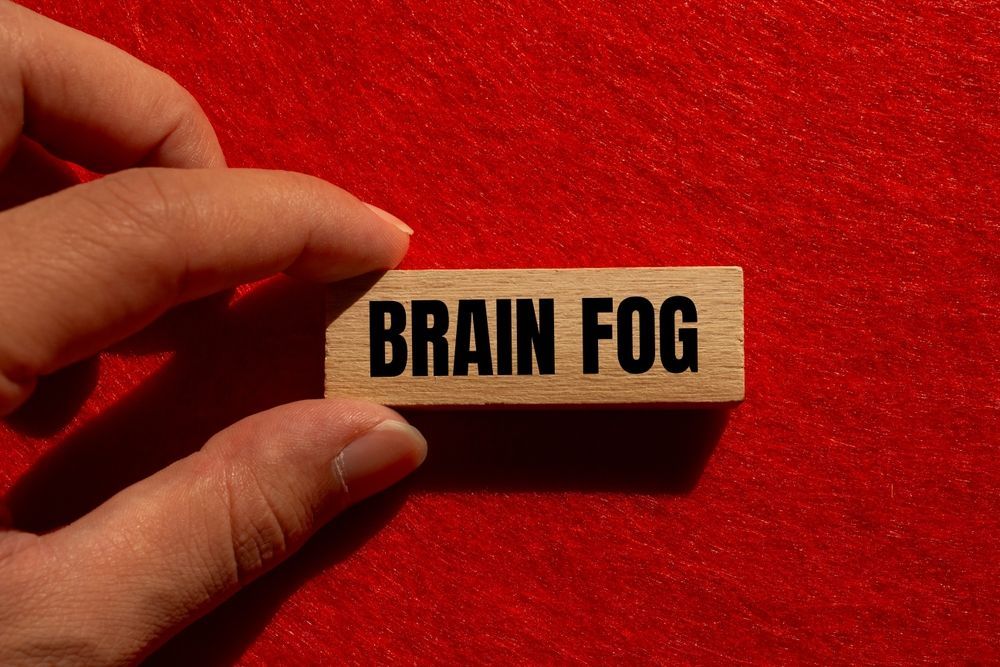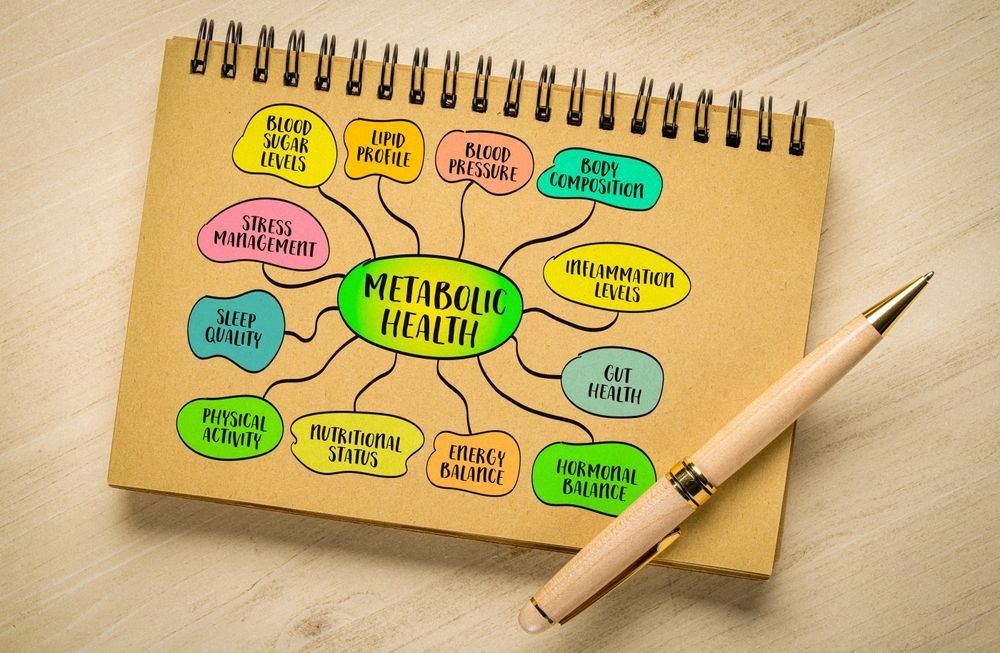Can IV Therapy Help with Weight Loss? A Look at the Evidence

In recent years, intravenous (IV) therapy has gained popularity for its potential health benefits, including weight management. This article explores the concept of IV therapy, how it may impact weight loss, and the scientific evidence surrounding its effectiveness. We will also examine the associated risks and guide you in making informed decisions about your health.
Understanding IV Therapy
What is IV Therapy?
IV therapy is a medical procedure that involves delivering fluids, vitamins, and other nutrients directly into a person's bloodstream through a vein. This method allows for faster absorption compared to oral supplements, making it an appealing option for many individuals looking to enhance their wellness.
Originally developed for medical treatments, IV therapy has evolved to include wellness and beauty treatments, attracting those interested in boosting their health, energy, and even weight loss efforts. It typically involves a blend of saline, vitamins, and minerals tailored to the individual's specific needs. Some common ingredients include vitamin C, B vitamins, magnesium, and even antioxidants, all chosen to address various health concerns and enhance overall vitality.
How Does IV Therapy Work?
The process begins with the insertion of a small catheter into a vein. A sterile solution containing a mixture of electrolytes, vitamins, and other nutrients is then delivered directly into the bloodstream. This bypasses the digestive system, allowing for quicker and more efficient absorption of the nutrients.
IV therapy is often administered in a clinical setting or wellness spa, generally taking between 30 minutes to an hour. Patients relax during the infusion, sometimes enjoying the added benefits of hydration and enhanced mood. Many facilities also offer a comfortable environment with amenities such as reclining chairs, soothing music, and even refreshments, making the experience more enjoyable. Additionally, the versatility of IV therapy means that it can be customized for various purposes, whether someone is recovering from an illness, preparing for a big event, or simply looking to maintain optimal health.
The Connection Between IV Therapy and Weight Loss
The Role of Nutrients in Weight Loss
Nutrients play a crucial role in maintaining a healthy body and can impact weight loss efforts. Vitamins, minerals, and hydration are all vital components of a balanced diet that can affect metabolism, energy levels, and overall health. For example, B vitamins are essential for energy production, while electrolytes help regulate fluid balance within the body.
Deficiencies in these nutrients can lead to fatigue and a slowed metabolism, making it more challenging to lose weight. IV therapy aims to deliver a concentrated dose of these essential nutrients directly into the bloodstream, potentially helping individuals jump-start their weight loss journey.
How IV Therapy Can Enhance Nutrient Absorption
One of the main advantages of IV therapy is its ability to quickly replenish nutrient levels in the body. When vitamins and minerals are infused directly into the bloodstream, they can bypass the digestive system's limitations, leading to higher absorption rates.
This is particularly beneficial for individuals who struggle with nutrient absorption due to gastrointestinal issues or those who may not get enough nutrients through their diet. By enhancing nutrient absorption, IV therapy may support weight loss efforts by ensuring the body has the essential tools it needs to function optimally.
Scientific Evidence Supporting IV Therapy for Weight Loss
The Importance of Hydration in Weight Loss
Staying hydrated is vital for weight loss, and IV therapy can help by providing an immediate boost to hydration levels. Proper hydration supports various bodily functions, including metabolism, appetite regulation, and digestion.
Studies have shown that dehydration can negatively impact metabolism, leading to reduced calorie burning. With IV therapy, individuals can quickly replenish their body's hydration levels, potentially improving their ability to lose weight.
The Impact of Vitamin Infusions on Metabolism
Research indicates that certain vitamins may play a role in boosting metabolism. For instance, vitamin B12 is known for its role in energy production and can be part of an IV infusion designed for weight loss support. Other vitamins, such as vitamin C and various antioxidants, may also support metabolic function.
While more research is needed to establish a direct link between IV vitamin infusions and significant weight loss, they can help create an environment in which weight loss is more feasible by ensuring optimal metabolic function.
Potential Risks and Side Effects of IV Therapy for Weight Loss
Understanding the Risks
Although IV therapy is generally considered safe, it is essential to understand its potential risks. These can include infections at the injection site, allergic reactions to the infused substances, and vein irritation.
Additionally, individuals with underlying health conditions, such as kidney disease or heart issues, may experience complications. Therefore, it's crucial to consult with a healthcare professional before starting any IV therapy treatment.
Common Side Effects
While many individuals tolerate IV therapy well, some common side effects can occur. These may include:
- Bruising at the injection site
- Fluid overload, particularly in those with existing health conditions
- Headaches or nausea during or after the infusion
Monitoring these side effects and discussing any concerns with a healthcare provider is essential to minimize risks associated with IV therapy.
Making an Informed Decision About IV Therapy and Weight Loss
Consulting with Health Professionals
Before embarking on any weight loss journey involving IV therapy, it's essential to consult with a healthcare professional. They can provide personalized advice based on your health history and weight loss goals, helping you determine if IV therapy is a suitable option for you.
Additionally, a healthcare provider can help monitor your progress and adjust your treatment plan as necessary, ensuring that your weight loss efforts are safe and effective.
Considering Your Individual Health Needs and Goals
Ultimately, the decision to use IV therapy for weight loss should be based on a thorough understanding of your individual health needs and goals. While IV therapy can offer potential benefits, it should be part of a comprehensive weight loss plan that includes a balanced diet, regular exercise, and lifestyle changes.
Taking the time to research and understand all aspects of IV therapy will empower you to make an informed choice that aligns with your weight loss journey.
In conclusion, while IV therapy may offer some advantages for weight loss, it is essential to approach it with caution and seek professional guidance to ensure it fits your unique health profile.
Get In touch

14891 North Northsight Blvd Suite 118, Scottsdale, AZ 85260

8AM-8PM (Mobile)
8AM-6PM (In-clinic)
QUICK Links
We Accept

We accept cash and all major credit cards. Our services are also HSA & FSA (Health/Flexible Savings Account) approved!
© 2016-2025 Arizona IV Medics | All rights reserved | Privacy Policy | Powered By OMG Marketing







